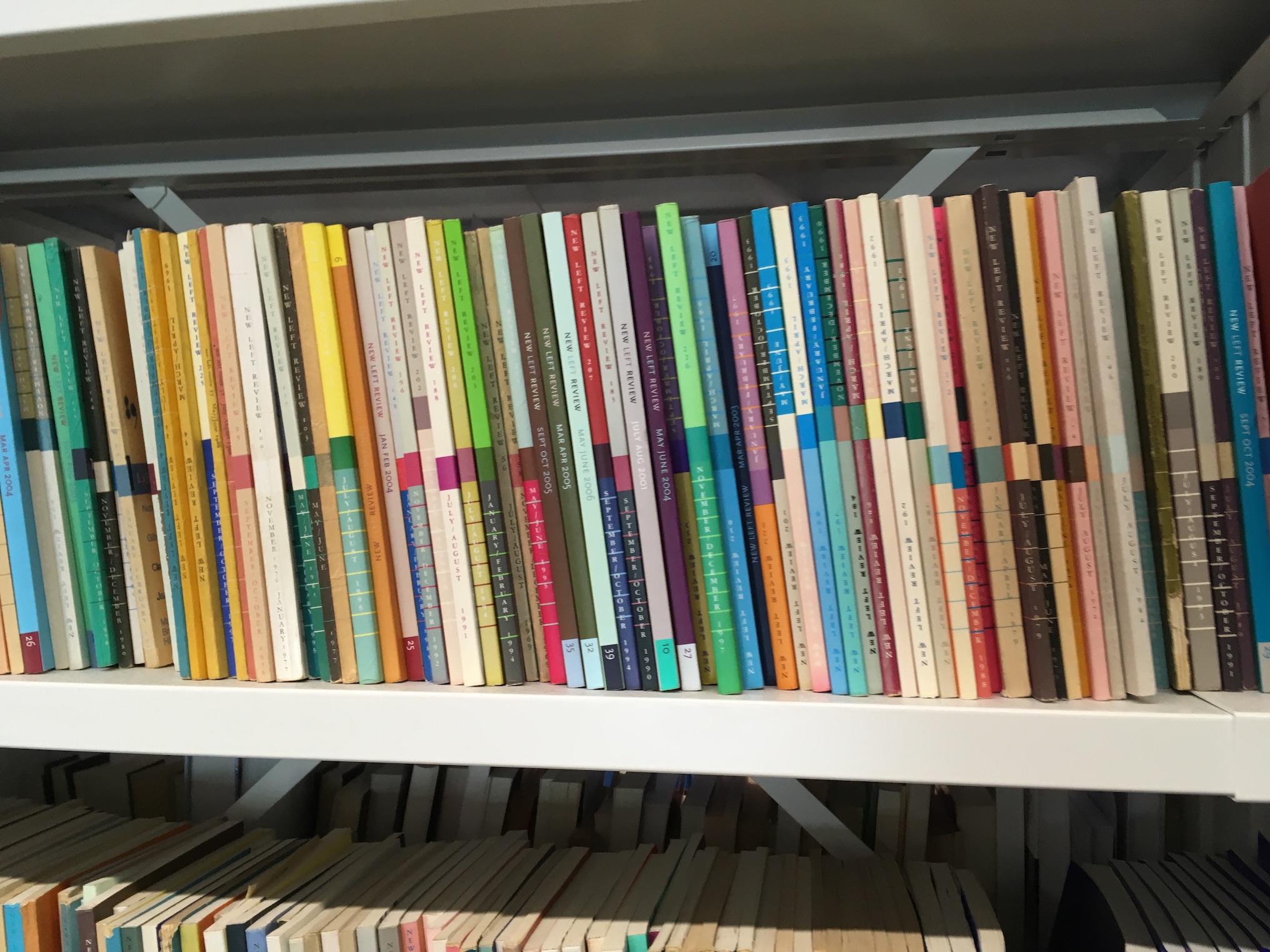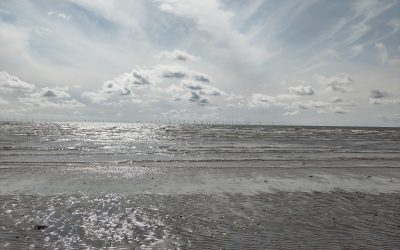
Merriman and Pearce took ‘Mobility and the Humanities’ as an opportunity for ‘highlighting the “genre-defying” approaches of many leading mobility scholars whose work transcends any “easy” social science/arts and humanities divide’ (Merriman and Pearce, 2017). This sparked especial interest within this week’s reading group. How could mobilities research benefit from blurring the social sciences/ arts and humanities divide and through combining their differences together?
How can our understandings of data and what constitutes as fulfilling the definition of data be altered and enhanced through fusing elements of the arts and humanities together in light of mobilities research? As Merriman and Pearce state, researchers and academics already ‘employ concepts and perspectives from mobilities scholarship originating in sociology, geography […] anthropology’ (Merriman and Pearce, 2017), and many other subjects beyond these, in addition to addressing an interdisciplinary audience with their articles. Yet could a sociologist use an artwork’s echoes of reality to understand experience? Could a historian employ a fictional novel based upon a real experience of migration as data? Despite, as Merriman and Pearce comment, ‘the use of materials that are not only perceived to be ‘subjective’ but also, in many cases, “fictional” [seeming] to sit awkwardly alongside findings generated by “real-world” research’ (Merriman and Pearce, 2017), we discussed how, in order to gain a truly holistic understanding of an event, one must not rely entirely upon quantitative data but also consider other empirical forms of data.
The reading group then applied this thought specifically to the term deglobalisation. Like mobilities itself, deglobalisation is engaged with multiple highly diverse dimensions; it not only refers to changes in economic flows but also the impact on social, technological, cultural and political scopes. If, therefore, we are to think about and understand a process as complex, fleeting, all-encompassing and impactful as deglobalisation, then surely mobilities research must move away from relying exclusively on strict (may we say ‘old-fashioned’?) rules of data gathering associated with the social sciences and look more towards also adopting multiple alternatives present within the humanities strands.

We then suggested that if research is conducted and data is gathered in a more innovative, interdisciplinary fashion, then a wider vocabulary is also essential if we are to effectively observe and fruitfully discuss deglobalisation from all of its many angles- vocabularies which art, literature and other humanities subjects already offer. Deglobalisation, after all, is not merely about economic flows of trade and investment and cannot sufficiently be understood solely from statistical figures of these fluctuations.
One new way of thinking that Merriman and Pearce referred to that the group were particularly drawn to was Badiou and Rancière’s theorising of a ‘mobility aesthetic’. This highlights how aesthetics is not only a philosophy of art but how it could also act as a lens through which to observe many other, if not all, aspects of human movement and activity. If a more interdisciplinary approach inspires new ways of discussing mobilities, such as the ‘mobility aesthetic’, then what could be the potentials for understanding and talking about deglobalisation?
Furthering this, we questioned whether we could expand the style of mobilities research to be even more inter-disciplinary not only in its research methods but also in its outputs. Although traditional forms such as article publications are nevertheless still essential, they need not necessarily be the exclusive form of outcome available and might, perhaps, not always be the most useful form. Could a series of poems be part of the outcome of a mobilities research project or perhaps a practical change could be implemented in a community as a result? The reading group questioned what creative works are already being produced within the field of mobilities and in particular what new voices are being heard, what new perspectives are being revealed through these in terms of deglobalisation. What else could be revealed in future studies if the social sciences/ arts and humanities divide was displaced and how could this have meaningful impact as a result?




